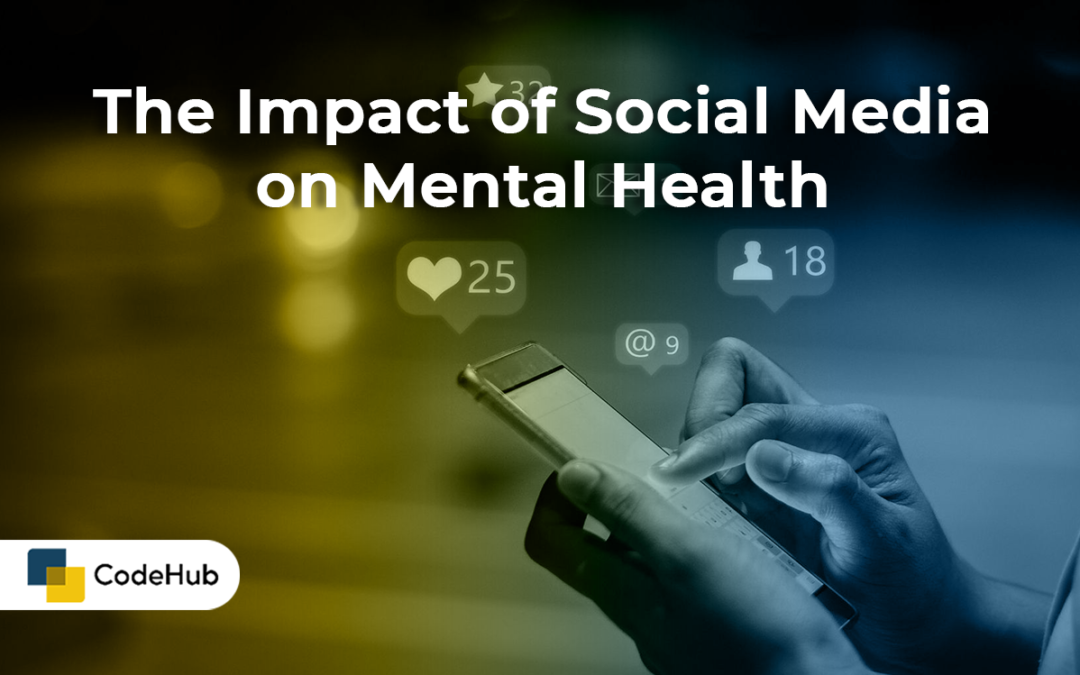Social media has become an integral part of our lives, especially during the pandemic. We use it to stay connected with our friends and family, to express ourselves, to learn new things, and to have fun. But how does social media affect our mental health? Is it a blessing or a curse?
The answer is not so simple. Social media can have both positive and negative impacts on our mental well-being, depending on how we use it and what we see on it. Let’s take a look at some of the pros and cons of social media for mental health, and some tips on how to use it more effectively.
- The Pros of Social Media for Mental Health
Social media can be a tool to improve your mental health in several ways. For example, social media can:
Help you find support and information. Social media can help you access health information, hear about others’ experiences, or find treatment options. You can also join online communities that share your interests or challenges, and get emotional support from people who understand you.
Boost your self-esteem and creativity. Social media can help you showcase your talents, hobbies, and passions, and get positive feedback from others. You can also learn new skills from others with the same interests, and improve your abilities.
Enhance your social connection and communication. Social media can help you keep in touch with your loved ones, especially if they live far away or you can’t meet them in person. You can also make new friends and expand your network through social media platforms.
- The Cons of Social Media for Mental Health
However, social media can also have some negative effects on your mental health if you use it too much or in unhealthy ways. For instance, social media can:
Make you feel bad about yourself. Social media can make you compare yourself to others, and feel inadequate or envious of their lives. You may also feel pressured to present a perfect image of yourself online, which can lower your self-esteem and confidence.
Disrupt your sleep and productivity. Social media can be addictive and distracting, making you spend more time online than offline. This can affect your sleep quality and quantity, as well as your work or school performance. You may also experience fear of missing out (FOMO) if you don’t check your social media frequently.
Expose you to negative content and cyberbullying. Social media can expose you to harmful content, such as fake news, hate speech, violence, or pornography. You may also encounter cyberbullying, which is when someone harasses or insults you online. These can cause stress, anxiety, depression, or anger.
- How to Use Social Media More Effectively
So how can you use social media in a way that benefits your mental health and avoids the pitfalls? Here are some tips to help you:
Take breaks. It’s important to limit your time on social media, and take breaks from it regularly. You can deactivate your accounts temporarily, turn off notifications, or use apps that track or block your screen time.
Unfollow or mute. If you see content or people that make you feel bad, unfollow or mute them. You don’t have to see everything that’s posted online. You can also report or block abusive or harmful content or users.
Keep a balanced perspective. Remember that social media is not reality. People often post only the best or edited versions of themselves or their lives online. Don’t compare yourself to others or believe everything you see online.
Prioritize your time. Make sure you have enough time for other activities that are good for your mental health, such as exercise, hobbies, meditation, reading, or spending time with offline friends.
Find the joy. Use social media for positive purposes, such as sharing kindness, gratitude, humor, inspiration, or helpful information with others. You can also use social media to find causes that matter to you and take action for them.
Social media is not inherently good or bad for your mental health. It depends on how you use it and what you see on it. By following these tips, you can use social media more effectively and enjoy its benefits while avoiding its drawbacks.
What do you think? Do you agree with these tips? How do you use social media for your mental health? Share your thoughts in the comments below!

